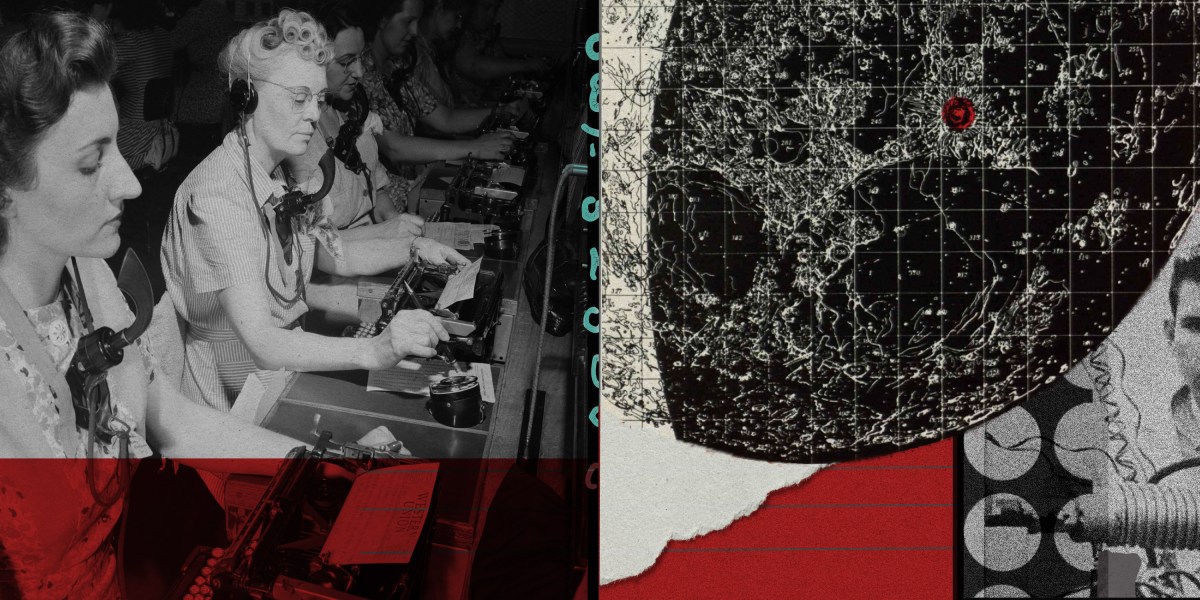In a 1938 article, MIT’s president argued that technical progress didn’t mean fewer jobs. He’s still right.
Compton drew a sharp distinction between the consequences of technological progress on “industry as a whole” and the effects, often painful, on individuals.
For “industry as a whole,” he concluded, “technological unemployment is a myth.” That’s because, he argued, technology "has created so many new industries” and has expanded the market for many items by “lowering the cost of production to make a price within reach of large masses of purchasers.” In short, technological advances had created more jobs overall. The argument—and the question of whether it is still true—remains pertinent in the age of AI.
Then Compton abruptly switched perspectives, acknowledging that for some workers and communities, “technological unemployment may be a very serious social problem, as in a town whose mill has had to shut down, or in a craft which has been superseded by a new art.”
Did you even read the paragraphs I pulled out, not even the article itself?
Then Compton abruptly switched perspectives, acknowledging that for some workers and communities, “technological unemployment may be a very serious social problem, as in a town whose mill has had to shut down, or in a craft which has been superseded by a new art.”
His whole point was technology does not reduce the amount of employment as a whole, but it can focus pain on particular communities that get displaced by technology. I just don’t buy into the tech bro singularity cult that AI will grow at an exponential rate and replace everyone, AI will be a tool like any other - extending human capabilities but not replacing them entirely.
Humans were the best chess players until computers brute forced the solution with uninteligent computational power. Humans were the best at Chinese Go for longer as brute forcing would take too long. Humans were no longer the best at Go when machine learning beat pros consistently. This is one-way, hunans don’t win back ground. If we assume AI doesn’t get better than this saying “technology does not reduce unemployment” is still short sighted.
The alignment problem should be taken seriously even if wealthy assholes agree, but AI killing humans is a seperate issue.
Humans were the best at weaving until looms came along, humans were the best at welding components together until industrial robots came along. Humans were the best at doing double entry accounting until digital computers came along.
I just don’t see this current wave of AI of being any different than previous technological advances that became tools better at specific tasks than humans.
This is one-way, hunans don’t win back ground.
No they dont they open up new gound as technology increases the range of the possible, as the article talks about
One critical wild card is how many new jobs will be created by AI even as existing ones disappear. Estimating such job creation is notoriously difficult. But MIT’s David Autor and his collaborators recently calculated that 60% of employment in 2018 was in types of jobs that didn’t exist before 1940.
When you know the goal but do not know how to functionally get there then an artificial neural network can be useful. To get Chinese Go artificial opponent working was done by making the program run many games against many iterations of itself to adjust itself towards the correct moves for any situation. The biggest difference is the scope of problems this type of tool is capable of solving.
Technology creating more jobs in the industrial revolution isn’t a valid argument that automating intelligence will create more jobs. Even if we grant that it does, are you assuming that it will create more jobs that it nullifies forever? If we can agree there’s a point where it stops being positive then we just disagree on the time it will happen.
If we assume jobs are created and they too complex to be suitable for the majority of people (who mostly work in transport) then we have the same societal problem: job available, apply within (humans need not apply). If we’re to take the industrial revolution as gospel then most people leave the workforce when the jobs are automated.



